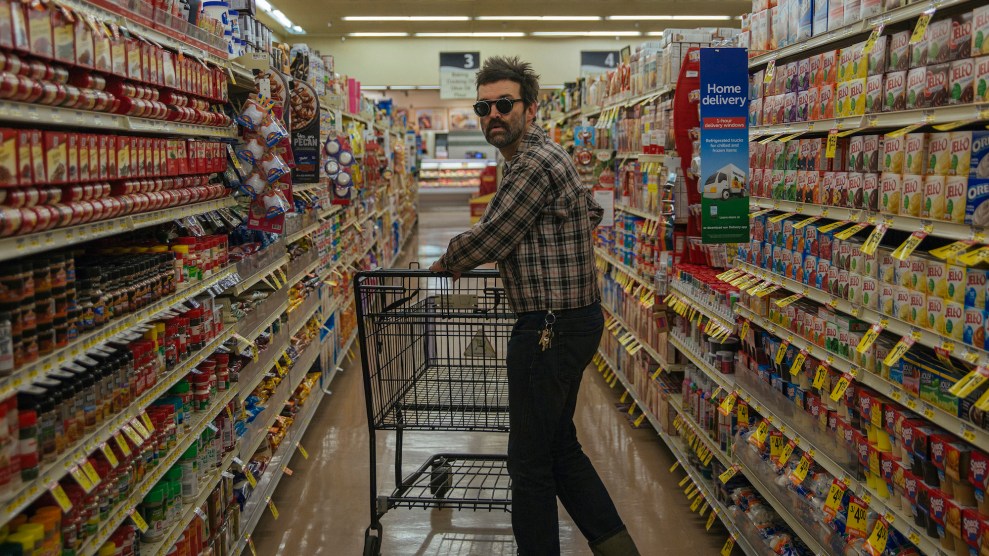Album Review
Hinds
I Don’t Run
Mom + Pop

While lots of young bands struggle to record a strong followup to a promising debut, the women of the Spanish quartet Hinds take a big leap forward on I Don’t Run. Although the recipe is essentially the same as before—jangly, surf-inflected guitars, rowdy voices and an overall sense of amiable chaos—their skills and confidence have grown dramatically. Don’t expect more polish or soul-deadening “maturity.” If anything, Hinds is noisier and messier now, but that’s by design; these invigorating low-fi songs come close to perfection in their own punk way. Delivered mostly in English, the lyrics offer expressions of lust and exasperated critiques of immature men, but Hinds’ bracing attack is the primary reward. I Don’t Run is garage rock at its best.











